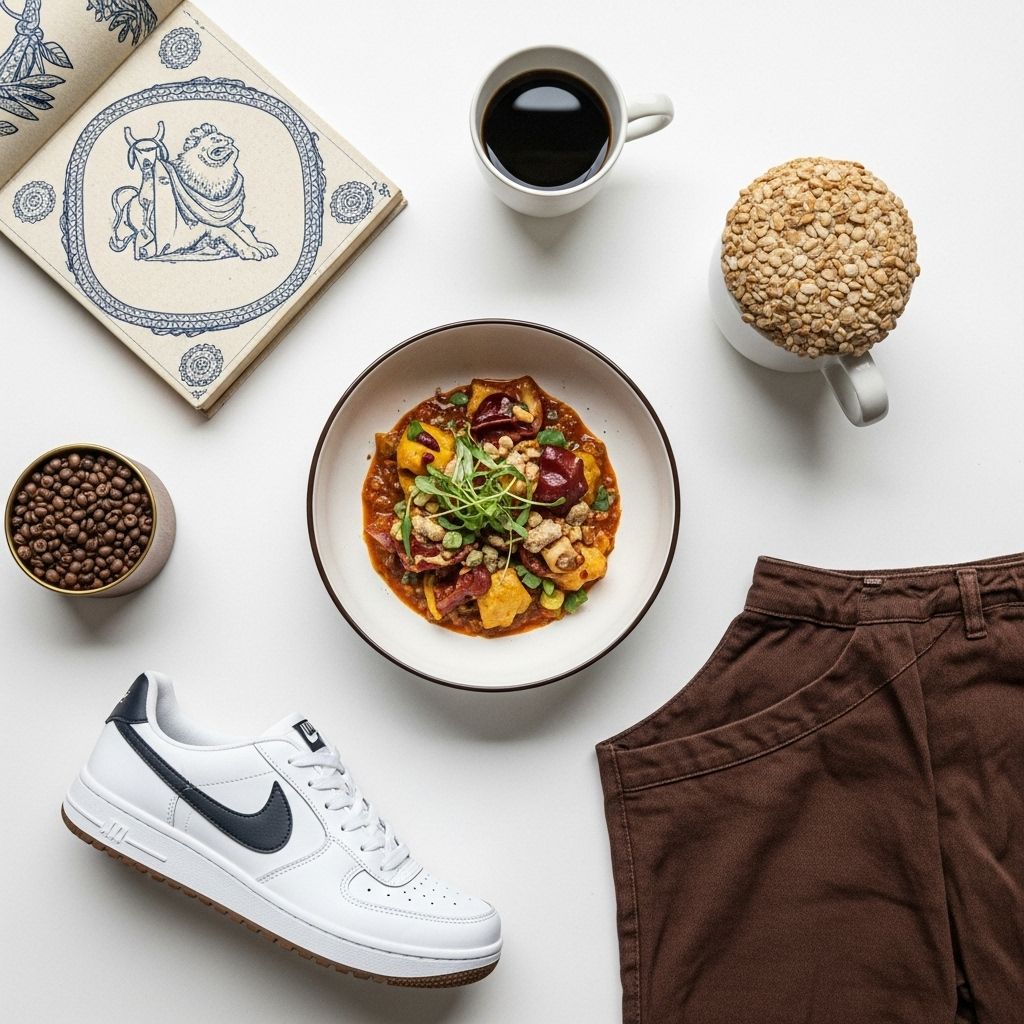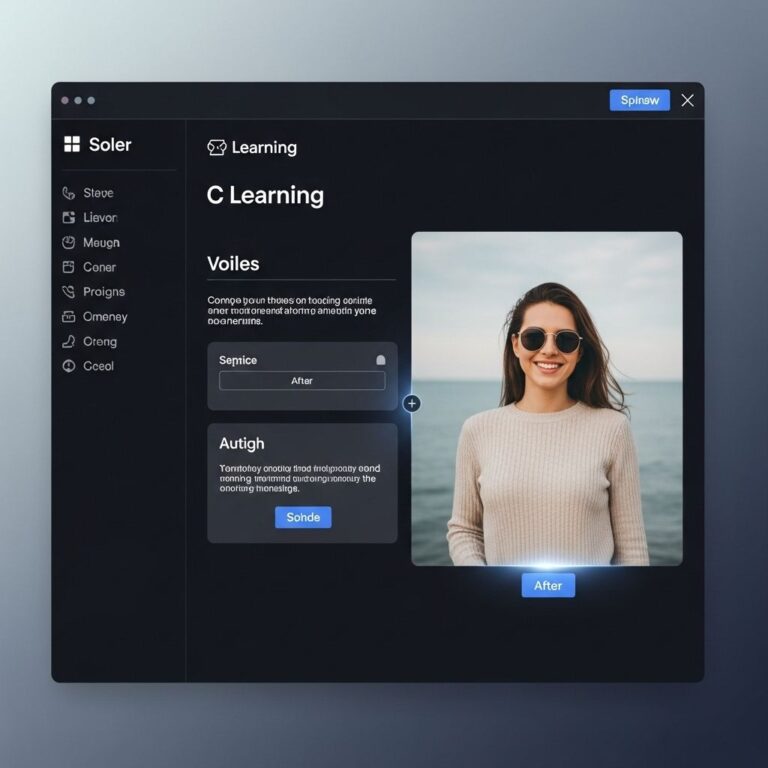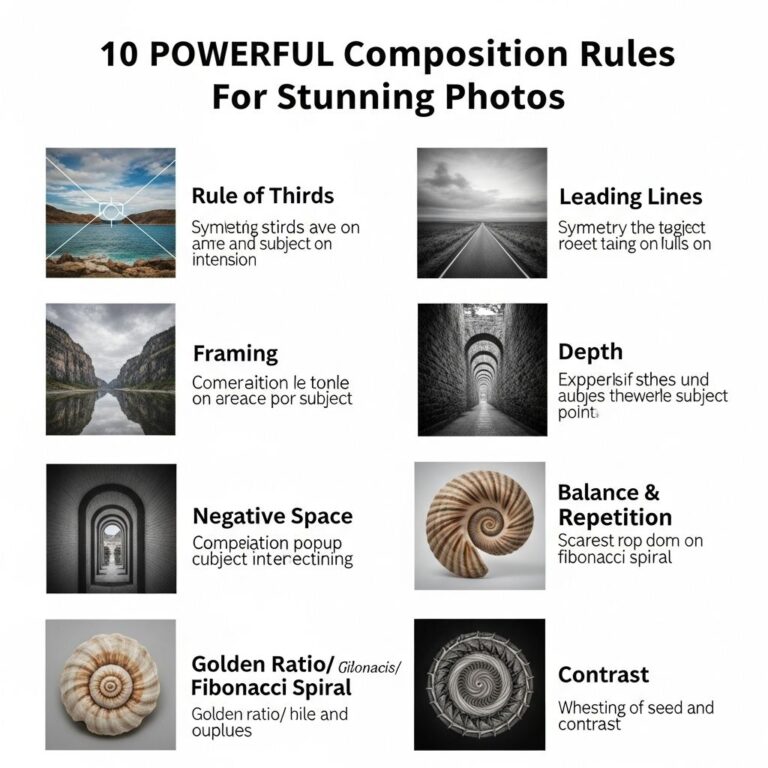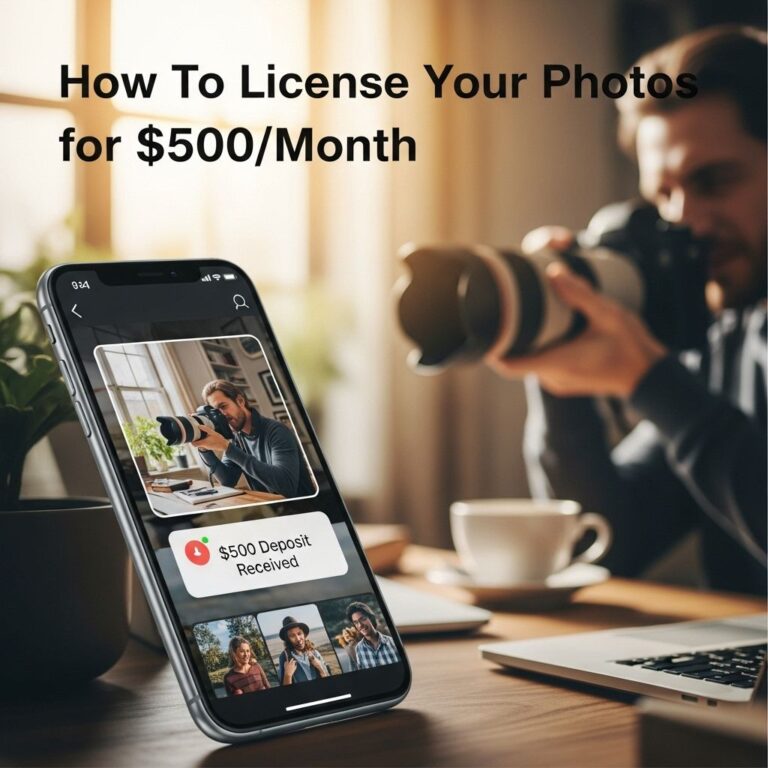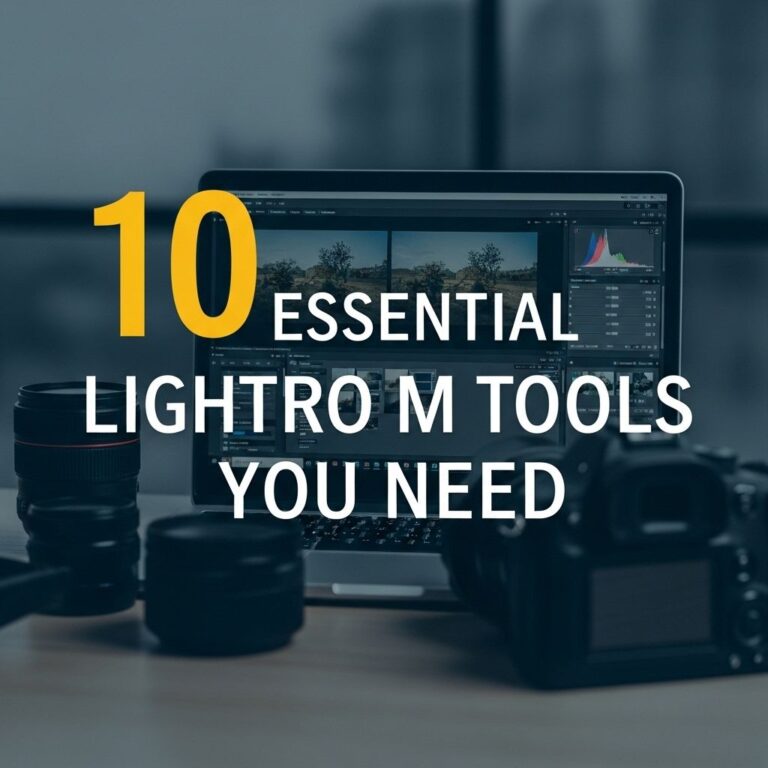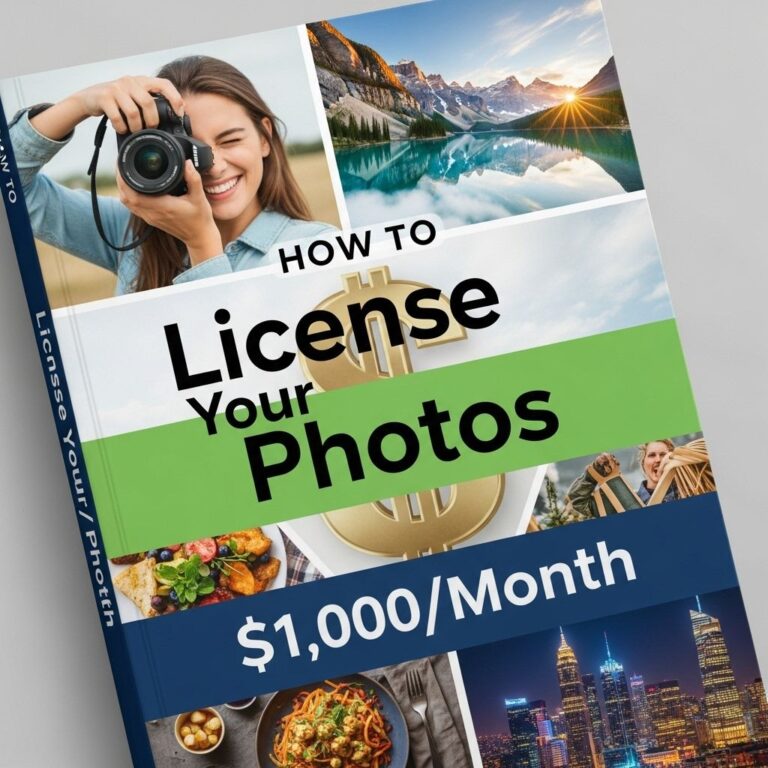Photography can be both a rewarding and challenging hobby. For beginners, getting started with the right tools can make a significant difference in the learning process and the quality of your final images. Whether you are capturing breathtaking landscapes or candid moments of everyday life, the right equipment can enhance your skills and expand your creative possibilities. In this article, we will explore five essential tools that every beginner photographer should consider adding to their toolkit.
Table of Contents
Camera
The first and most crucial tool for any photographer is, of course, a camera. Beginners have a wide range of options to choose from, whether they prefer a compact point-and-shoot or a more advanced digital single-lens reflex (DSLR) or mirrorless camera.
Types of Cameras
- Point-and-Shoot: These cameras are compact, lightweight, and very user-friendly. They are great for casual photography.
- DSLR: Digital single-lens reflex cameras offer interchangeable lenses and extensive manual controls, making them ideal for serious beginners.
- Mirrorless: These cameras are similar to DSLRs but are typically lighter and more compact, with fast autofocus capabilities.
For beginners, we recommend starting with a DSLR or mirrorless camera as they provide greater flexibility and room for growth.
Lenses
While your camera body is essential, the choice of lens can dramatically affect your photography. Different lenses can help you achieve various effects and perspectives. Here’s a brief overview:
Common Lens Types
| Lens Type | Best For | Recommended Focal Length |
|---|---|---|
| Standard (Kit) Lens | General photography, landscapes | 18-55mm |
| Wide-Angle Lens | Landscapes, architecture | 10-24mm |
| Telephoto Lens | Wildlife, sports | 55-200mm |
| Prime Lens | Portraits, low-light photography | 50mm f/1.8 |
Investing in a good quality lens can elevate your photography game significantly, making it a worthwhile consideration for beginners.
Tripod
A sturdy tripod is an indispensable tool for any photographer, especially for beginners looking to improve their skills. Here are some reasons why you should consider getting a tripod:
Benefits of Using a Tripod
- Stability: A tripod provides a stable platform, essential for long exposure photography and low-light situations.
- Compositional Flexibility: With a tripod, you can take your time to frame your shots perfectly without the stress of holding the camera.
- Self-Portraits and Group Photos: Tripods allow you to include yourself in the frame or capture group shots with ease.
When choosing a tripod, look for one that is lightweight and portable but sturdy enough to support your camera gear.
Editing Software
Once you’ve captured stunning images, editing them can take your photography to the next level. Editing software allows you to enhance colors, adjust lighting, and apply creative effects. Here are some popular options:
Top Editing Software
- Adobe Lightroom: An excellent choice for beginners and professionals alike, offering powerful editing tools and organization options.
- Adobe Photoshop: The industry standard for photo editing, ideal for more advanced techniques such as retouching.
- Affinity Photo: A cost-effective alternative to Photoshop, with many similar features.
- GIMP: A free, open-source option that offers a wide range of editing capabilities.
Investing time in learning how to use editing software can significantly improve the quality of your photographs.
Photography Books and Resources
Finally, one of the most valuable tools for beginner photographers is knowledge. Educating yourself about photography through books, online courses, and workshops can provide you with essential skills and insights. Here are some recommended resources:
Recommended Books
- The Digital Photography Book by Scott Kelby: A great introduction to practical photography techniques.
- Understanding Exposure by Bryan Peterson: This book explains the fundamental concepts of exposure in a clear and engaging way.
- Light, Science & Magic by Fil Hunter: An in-depth exploration of lighting techniques that every photographer should understand.
Online Resources
Consider joining online photography communities or taking courses on platforms like:
- Udemy
- Coursera
- Skillshare
These platforms provide affordable and flexible learning opportunities tailored to your schedule.
Conclusion
Starting your photography journey can be exciting and overwhelming at the same time. By investing in the right tools—such as a camera, lenses, tripod, editing software, and educational resources—you can set yourself up for success. Remember that photography is an art form that requires practice and patience, so take your time to learn and experiment. As you grow in your abilities, you’ll find that these tools become invaluable companions on your creative journey.
FAQ
What are the essential tools for beginner photographers?
Beginner photographers should start with a good DSLR or mirrorless camera, a versatile zoom lens, a sturdy tripod, a camera bag for protection, and photo editing software.
Why is a tripod important for beginner photographers?
A tripod helps stabilize the camera for sharper images, especially in low-light conditions or when using slow shutter speeds, making it an essential tool for beginners.
What type of camera is best for beginners?
DSLR and mirrorless cameras are both great for beginners as they offer interchangeable lenses and manual controls, allowing users to learn and grow their photography skills.
Do beginner photographers need photo editing software?
Yes, photo editing software is important for beginner photographers to enhance their images, correct exposure, and learn the basics of post-processing.
How can a camera bag benefit beginner photographers?
A camera bag protects the camera and lenses from damage and makes it easier for photographers to carry their gear while on the go.
What lens should a beginner photographer start with?
A versatile zoom lens, such as a 18-55mm or 24-70mm, is ideal for beginners as it covers a range of focal lengths for various photography styles.

